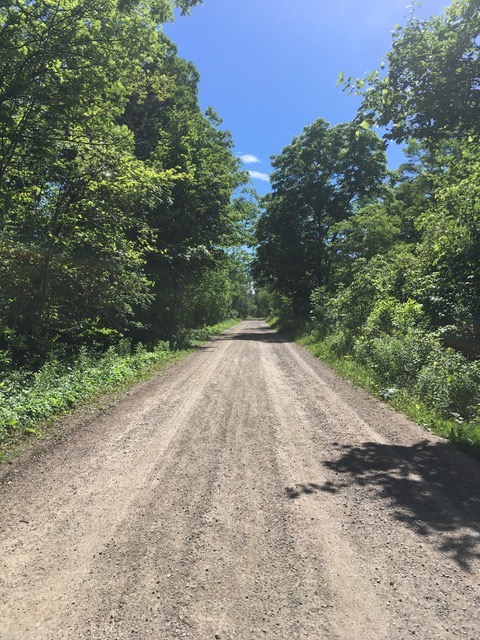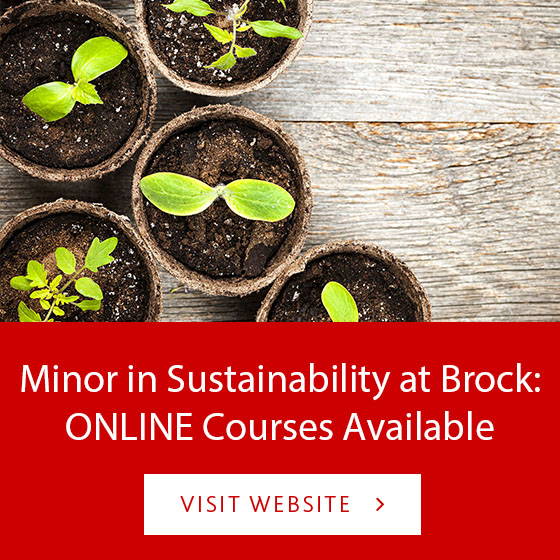Blog Contributor: Kaitlin James

Photo: Dr. Ryan Plummer, Professor and Director of the Environmental Sustainability Research Centre
As the final instalment of this series, I had the pleasure of interviewing Ryan Plummer, Director of the Environmental Sustainability Research Centre (ESRC) to learn more about his research, and role as the Director of the ESRC. His multi-faceted program of research broadly concerns the governance of social-ecological systems. In striving to advance knowledge of collaboration and adaptation within complex systems, he has focused on exploring their theoretical underpinnings and ethical implications, modelling their processes, examining the roles of social capital, and investigating the influences of social learning. His multitude of publications in research journals such as Ecological Economics, Ecology and Society, Environmental Management and Frontiers in Ecology and Society to name a few, exemplify his scholarly quality of research, and vast amount of contributions to the field of sustainability science. It was a pleasure to interview him, and learn more about his research and role at the ESRC.
Q1: What does your role as the Director of the ESRC look like?
I feel privileged that colleagues put my name forward to serve as Director of the ESRC and made this recommendation to Dean Makus. The nominal workload of a faculty member is adjusted with the role of Director to permit additional administrative responsibilities. Those administrative responsibilities include scheduling of courses, budgeting, overseeing staff and ensuring the operation of our Centre. I attend meetings and events as well as interact with governments, organizations and other institutions on behalf of the Centre.
Q2: What are your research areas of focus?
My program of research broadly aims to advance environmental stewardship. I have three main areas of focus: resilience of social-ecological systems; management and governance of the environment (adaptive capacity; adaptive co-management; collaboration, learning, evaluation of outcomes); and, water resources management and governance.
Q3: Why is your research important? What are some possible real-world applications?
While conventional approaches to management and governance had some noteworthy successes in the past, their limitations are increasingly apparent in the contemporary era (and future) characterized by complexity, uncertainty and contested/conflict values. We must figure out how to manage human behaviours and make decisions (individually and collectively) in this context with positive outcomes (social-ecological).
I am energized by my research because of the breadth of applicability in terms of real-world applications. For example, my research on adaptive co-management – a strategy bringing together collaboration and adaptation for making decisions and taking actions about an aspect of the environment – has been applied in contexts such as biosphere reserves, climate change adaptation and risk-management rivers, small-scale fisheries, and sustainable tourism. The launch of the Excellence in Environmental Stewardship Initiative involving the Centre and the Niagara Parks Commission (NPC) in April of 2018 is an exciting local example. Here a team of faculty and students from our Centre are leveraging knowledge of stewardship in partnership with our NPC colleagues to address challenges and realize opportunities in an iconic Canadian landscape that is ecologically significant and under considerable pressures.
Q4: What does sustainability science mean to you and why is it important?
Sustainability science for me is a ‘different’ type of science. It is premised on an integrative perspective of humans and Nature, consistent with our contemporary understanding of how the world operates; takes a transdisciplinary and problem-solving approach; extends beyond the academy and embraces pluralism of knowledges and knowledge co-creation; emphasizes the need for collaboration; and, aspires to advance knowledge and action for sustainability – understood as an ongoing iterative process as opposed to an end state.
Sustainability science is important to me because it recognizes the scholarship that has been done in the past and needs to be done in the future. It provides a rubric for individuals to situation their scholarship and legitimizes/encourages breaking with some past entrenched academic conventions. It is a different science – and an approach critically important to our society and planet.








